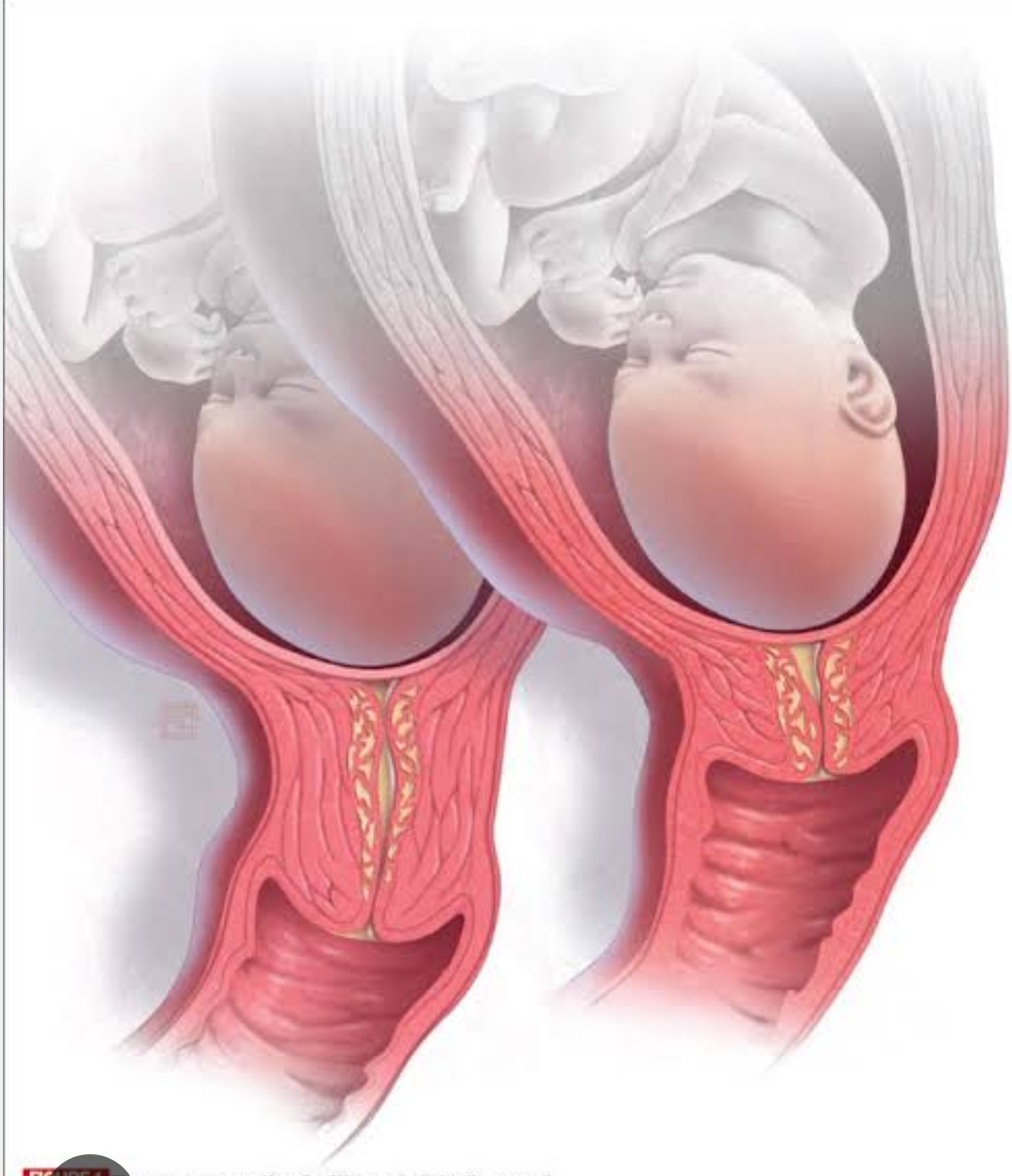
A short cervical length (less than 25 mm before 24 weeks of pregnancy) can increase the risk of pregnancy complications. The cervix plays a crucial role in maintaining pregnancy by keeping the uterus closed until labor begins.
Effects of a Short Cervical Length on Pregnancy:
Increased Risk of Preterm Birth – A short cervix is one of the strongest predictors of spontaneous preterm labor and birth before 37 weeks.
Cervical Insufficiency – The cervix may be unable to stay closed, leading to premature dilation and pregnancy loss or preterm delivery.
Higher Risk of Miscarriage – Particularly in the second trimester, if the cervix shortens too soon.
Chorioamnionitis – Short cervical length may make it easier for infections to reach the uterus.
Premature Rupture of Membranes (PROM) – Weakened cervical integrity may contribute to the early breaking of water.
Management & Treatment:
Progesterone supplementation – Helps reduce the risk of preterm birth.
Cervical cerclage – A surgical procedure where a stitch is placed to reinforce the cervix.
Pessary placement – A silicone device that supports the cervix.
Close monitoring – Frequent ultrasounds to check cervical length.
If a short cervix is detected early, proper interventions can improve pregnancy outcomes. Would you like more details on any of these treatments?




